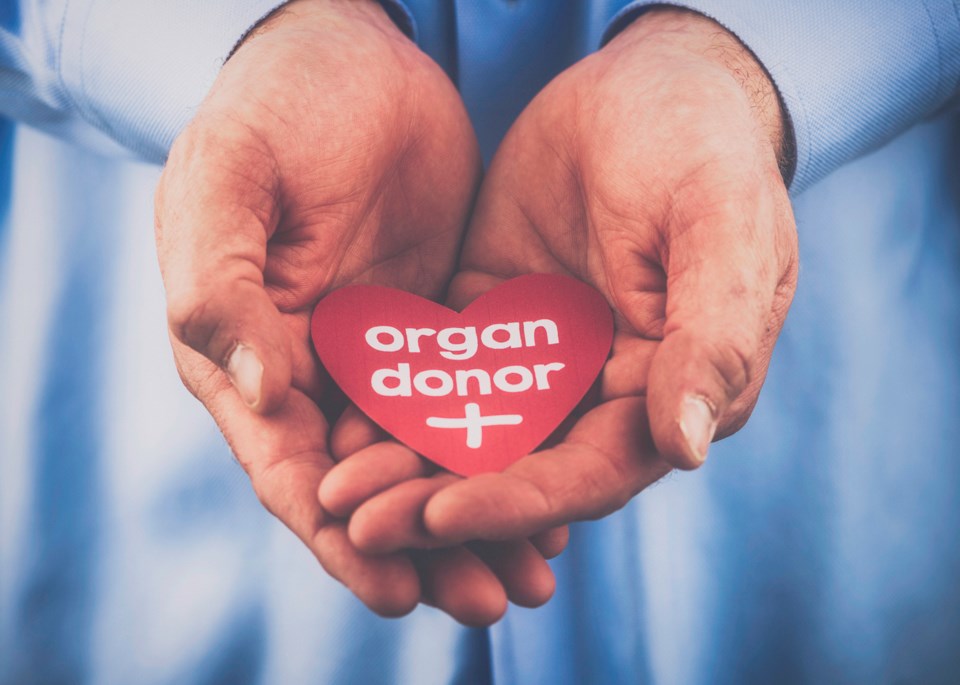Year-over-year statistics suggest more B.C. residents are becoming organ donors than ever before.
The most recent numbers from 2017 point to B.C. as having more organ donors than anywhere else in Canada.
Here are some fast facts for anyone contemplating the decision to become an organ donor.
Where you go:
All organ transplants in B.C. happen at one of three Vancouver hospitals: Vancouver General, St. Paul’s or B.C. Children’s. Long before the procedure takes place, an organ donation specialist from B.C. Transplant meets with each family of a potential organ donor, fully explaining the process and answering any questions they may have about organ donation.
What you need to register:
- your B.C. Personal Health Number (PHN)
- your name, birth date and address
- to be at least 19 years old or have a parent or guardian sign on the minor’s behalf.
What are the parameters around registering?
There are no restrictions in terms of age, sexual orientation, previous or current medical conditions, or where you've previously lived.
Both organs and tissues can be donated:
Organs:
- heart
- kidney
- liver
- lung
- pancreas
- intestines
Tissues:
- corneas
- skin
- heart valves
- bone
- blood vessels
- connective tissues, such as tendons
Are there religious or spiritual concerns associated with organ donation?
This excerpt is taken from the Transplant B.C. website:
“All major religions allow organ donation. The Christian, Jewish, Muslim, Buddhist, and Hindu faiths encourage organ donation or leave it up to individual choice. Ask your spiritual advisor if you have questions about your religion's views on organ donation.”
If you’re already registered as a donor, can you change your mind and opt out in the future?
Yes — the decision can be changed online with your PHN or via completing a paper form.
How has the opioid crisis affected donation levels and what does a transplant recipient and his or her family need to know before receiving an organ from someone who has died of an overdose?
“We have seen an increase in organ donors that have died as a result of an overdose. These deaths are truly tragic. These patients tend to be young and otherwise very healthy. They undergo the routine intensive screening of all potential donors as well as more extensive testing as indicated.”
— Dr. Sean Keenan, provincial medical director of donation services
@JohnKurucz



